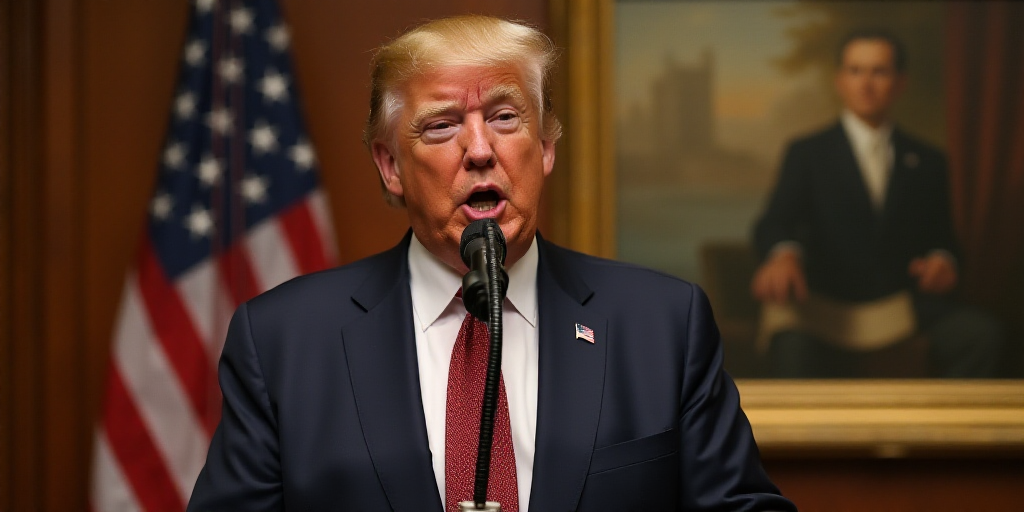Background on Donald Trump and His Relevance
Donald J. Trump, the 45th President of the United States, took office on January 20, 2017. A real estate mogul and former television personality, Trump ran on a platform emphasizing America First policies, stricter immigration controls, and promises to curb crime. His presidency has been marked by controversial decisions, policy changes, and a divisive political climate.
Key Findings from the Reuters/Ipsos Poll
Approval Rating: According to a recent Reuters/Ipsos poll concluding on Tuesday, President Trump’s approval rating has risen to 42%. This increase can be attributed to his handling of crime and immigration, which have received the highest ratings from the public.
Disapproval Rating: Despite the rise in approval, 56% of respondents still disapprove of Trump’s presidential performance.
Economic Concerns: Job Market Instability
The U.S. job market has shown signs of instability, as indicated by a report released on the same day as the Reuters/Ipsos poll. The report suggests that the economy likely created 911,000 fewer jobs over the 12 months ending in March than previously estimated. This slowdown in job growth occurred even before Trump implemented tariffs on imported goods.
Impact of Trump’s Policies
Trump’s “America First” policies, including his approach to immigration and crime, have had significant effects on the nation. His administration has prioritized border security, implemented travel restrictions, and sought to crack down on undocumented immigrants. These actions have been met with both support and criticism from various segments of the American population.
Regarding crime, Trump has emphasized law-and-order rhetoric and pledged to support police forces. His crime-fighting strategies have included initiatives like the “Choose Not to Carry” gun violence prevention campaign and increased funding for police departments. However, critics argue that these measures may disproportionately affect minority communities and infringe on civil liberties.
Economic Implications of Tariffs
Trump’s decision to impose tariffs on imported goods has raised concerns about potential job losses and increased prices for consumers. The aforementioned report on job market instability suggests that the president’s trade policies may have already started to negatively impact employment growth. This development could further complicate Trump’s efforts to maintain a strong approval rating, as economic stability remains a critical concern for many voters.
Key Questions and Answers
- Q: Who is Donald Trump, and why is he relevant? A: Donald Trump is the 45th President of the United States, who took office in January 2017. His presidency has been marked by controversial decisions, policy changes, and a divisive political climate.
- Q: What is the current approval rating for Trump, and what factors contributed to this change? A: Trump’s approval rating has risen to 42%, primarily due to his handling of crime and immigration, according to a recent Reuters/Ipsos poll.
- Q: What are the concerns surrounding the U.S. job market? A: The U.S. job market has shown signs of instability, with a report indicating that the economy likely created 911,000 fewer jobs over the past year than previously estimated.
- Q: How have Trump’s policies affected crime and immigration? A: Trump’s “America First” policies have prioritized border security, implemented travel restrictions, and sought to crack down on undocumented immigrants. His crime-fighting strategies include law-and-order rhetoric and increased funding for police departments, though critics argue these measures may disproportionately affect minority communities.
- Q: What are the potential economic implications of Trump’s tariffs on imported goods? A: Critics argue that Trump’s tariffs on imported goods may lead to job losses and increased prices for consumers, as suggested by the recent report on job market instability.






